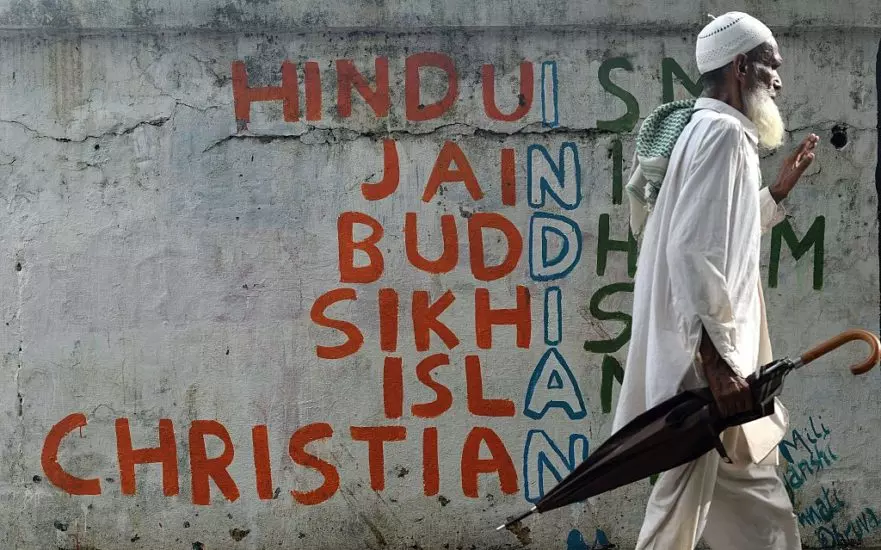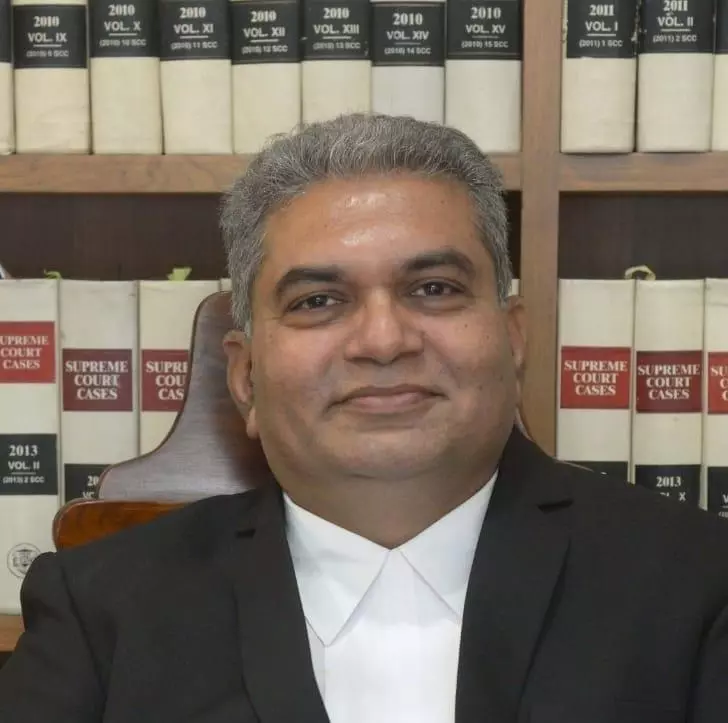
Increasing intolerance in society– a threat to brotherhood
text_fields"The State shall not discriminate against any citizen on grounds only of religion, race, caste, sex or any of them. No citizen shall, on grounds only of religion, race, caste, sex or any of them, be subject to any disability, liability, restriction or condition..", so reads the crucial part of Article 15 of the Constitution of India.
We witnessed a few incidents in different parts of India having similar traits. First, in Kashmir Valley selective killing of the minority Hindu and Sikh citizens in the land inhabited by their ancestors since time immemorial. Second, eviction of the Muslim minority in Assam from the land they are occupied for generations on the pretext of giving it to the local citizens. Third, the mowing down of agitating farmers by the vehicle owned by the family of a Central Minister, incidentally, all victims were Sikh, and the death of four more persons in the aftermath. Assault on person and property of Muslim minorities in Tripura with the deafening silence of mainstream media on this issue.
Similarities in all the above incidents are victimisation and targeting of the minorities either by outlawed members of majority or the state functionaries to gain popularity in majority community in the respective States.
While adopting the Constitution we promised ourselves that our beloved country would be a democratic republic with a secular spirit. Its pillars would be equality and fraternity. We imposed on ourselves the fundamental duties of promoting harmony and the spirit of common brotherhood and of developing humanism.
At the time of independence, India was divided into many States but the people of this land believing in the leaders of the freedom movement resolved to join and create a new democratic country. Notable was the promise given by the nation through Dr Rajendra Prasad, President of Constituent Assembly about the protection of the rights and interests of the minorities.
The term minority is relative and referable to each State. In Kashmir, Hindus are the minority, in Assam and Tripura it is Muslims and in Uttar Pradesh the Sikhs. The spirit of democracy presupposes fair treatment of minorities at the hands of the majority. In a democratic setup, the fate of any minority depends on the morality of the majority as much as on constitutional guarantees.
The incidents referred to above are indications of how we have grown up as a nation and how intolerant we have grown against minorities. Today, minorities are not only religious or linguistic but those who are voicing their words against the policies of ruling dispensation also fall in that category whom we may call dissidents. No one in authority wants to hear the voice of dissent, especially those who have taken oath under the Constitution, after the incident of killing of farmers followed by the widely circulated statement of one Chief Minister calling for retaliation against the agitating farmers. No more evidence is required to prove the level of intolerance we have developed.
In a democratic dispensation, intolerance is to be maintained against any injustice. That is warranted by the spirit of our Constitution too. The killing of innocents is never acceptable and the perpetrators must be dealt with, with an iron hand. The Kashmiri criminals must be brought to face the law, at the same time as the criminals terrorising the minorities in other parts of India also need to be booked and deprecated. If the elected representatives or members of the executive are found to have been involved in the instigation of such heinous crimes, they must be shown the door.
It is high time for each citizen to uphold the spirit of constitutional brotherhood and fraternity. We must discard any theory that creates a divide among sections of the citizens on the basis of majority and minority. Unfortunately, different political parties raise voices of protest and complaint selectively and as it suits their political agenda. Thus, for them, the life of Indian citizens in Kashmir is not equal to the life of the citizen in Assam, Tripura or UP. If constitutional morality is our guide, we have to treat every citizen equal to the other.
We are not owners of this country but only trustees who inherited the Nation from our ancestors and hold it in trust for the next generation. A question everyone should ask himself is whether he is passing the Nation to the next generation in the same spirit as he has received from the preceding generation.
We have to collectively and consciously search for the answer to a question posed by Hon'ble Chief Justice of India on 8th October 2021 while hearing a suo moto case regarding the incident of Lakhimpur Kheri, "Is it the same way we treat other accused too, like sending notices etc?" The question implies the court's reproach with the question of whether all law-breakers are treated with the same iron hand of law or the goons are treated based on their religion or political affiliation.























